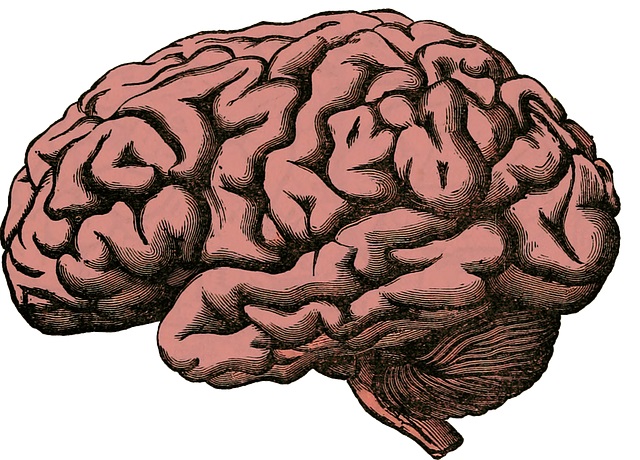Speaking more than one language can change the physical structure of your brain. How and why does this happen, and what implications might this have across our lifetimes from a health perspective? Vince DeLuca and Toms Voits from our Centre for Literacy and Multilingualism (CeLM) explain more ahead of their public lecture on 21 February.
Healthy competition
As someone learns a new language, it effectively becomes ‘active’ in their mind, ready for use at a moment’s notice, alongside the existing language. However, this co-activation of the two (or more) languages creates a constant state of competition. This has to be resolved if the person is to successfully understand or speak the appropriate language in a particular situation.
The process of resolving this competition over and over again causes the brain to adapt to better handle the demand of controlling and processing different languages. These brain adaptations happen in regions and pathways of the brain that are also involved in general attention, inhibition, and higher-order thought processes (for example, being conscious or visualising an object). Together these are known as the ‘executive functions’.
The more they are used, these brain regions and pathways change in size, shape, and structural integrity. As our brains adapt to handle these demands, this process of controlling the two languages gets more efficient and automatic, and this is thought to have a generally positive knock-on effect on the executive functions.
Across the lifespan
Research suggests that the lifelong experience of controlling multiple languages results in tangible benefits later on in life. There have been suggestions in scientific literature that bilingual individuals experience the onset of dementia four years later than those who only speak one language, on average. With an ageing global population it is important to test these claims further, which could potentially inform language policies around the world, promote language learning, and, in turn, result in people leading longer and healthier lives.
An individual experience
The experience of learning and using an additional language is highly unique for each person. Similarly, the adaptations of the brain (structurally and functionally), will also be tailored to a person’s experiences as it strives to be as effective as possible at handling both languages.
The Bilingualism in the Brain Lab at the University of Reading is working to better understand the experiences within bilingualism which drive these changes in the brain and mind, how they are modulated through time, and also the effects this has on the ageing brain.
Find out more about the Bilingualism in the Brain Lab’s research in this video:
https://www.youtube.com/watch?time_continue=6&v=PgGa5wfb5BU
You can also come and hear researchers from the CeLM talking about the benefits of multilingualism at our public lecture, Learning languages for a healthy brain, on 21 February. See event details.

